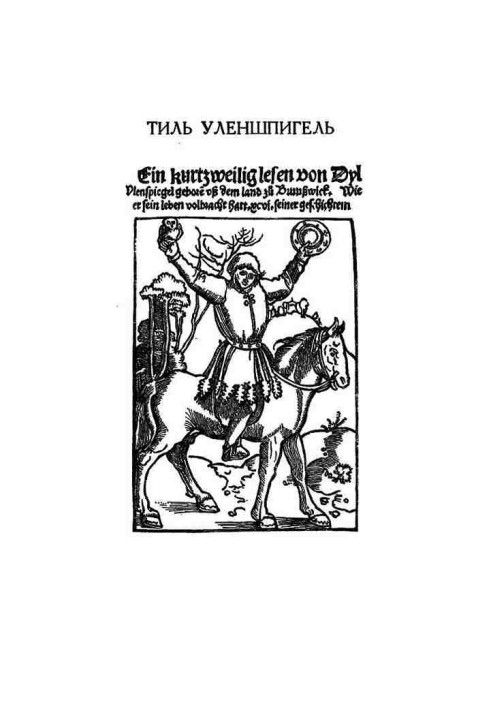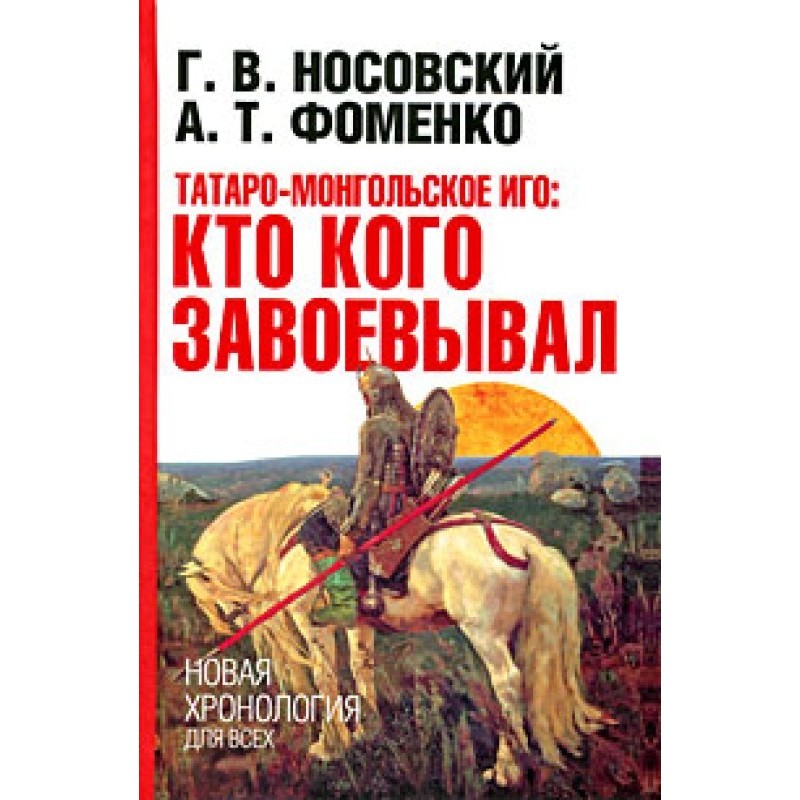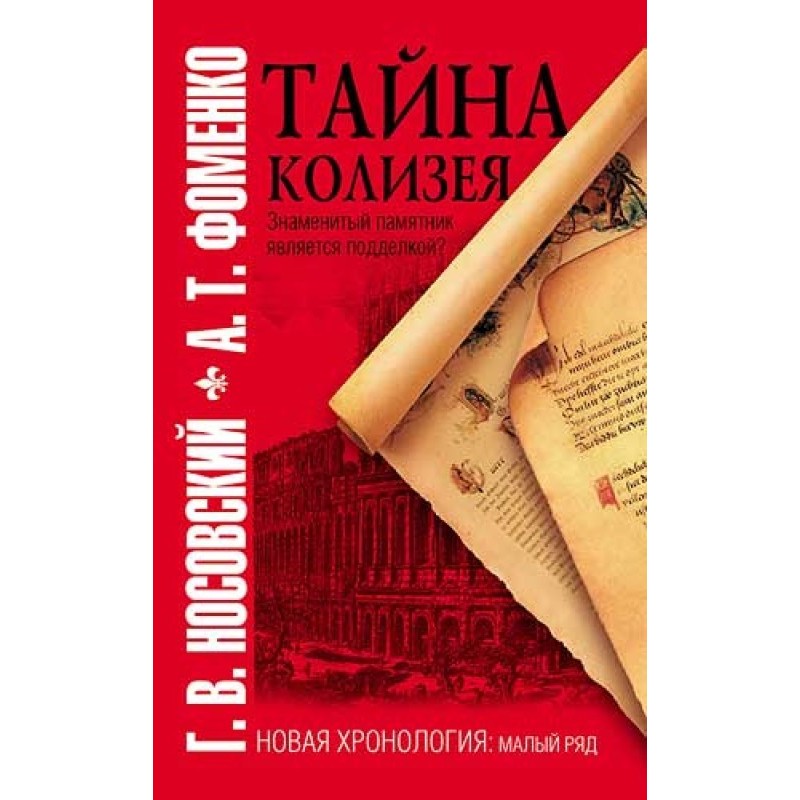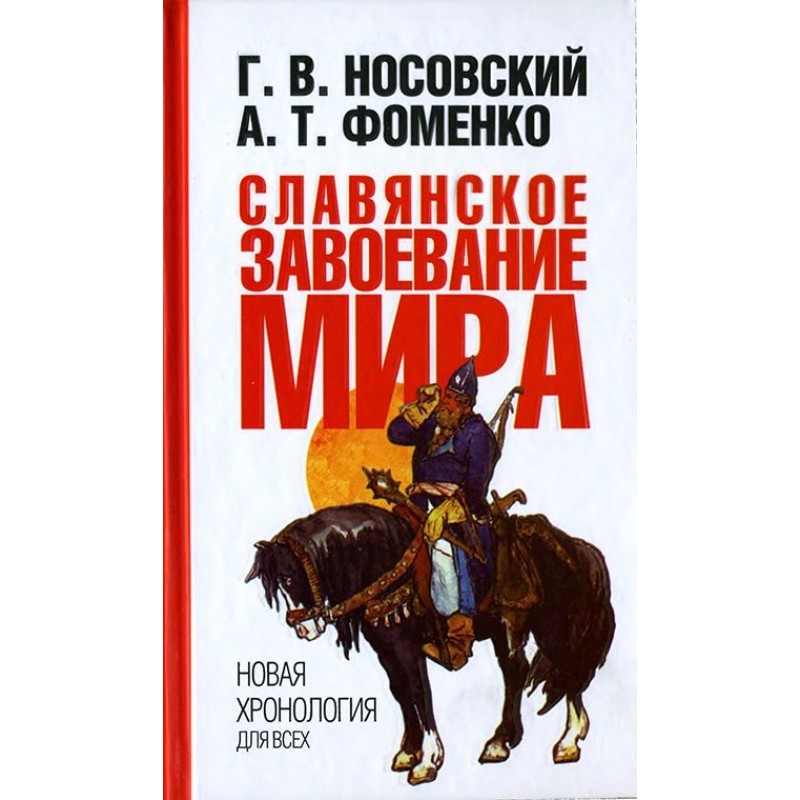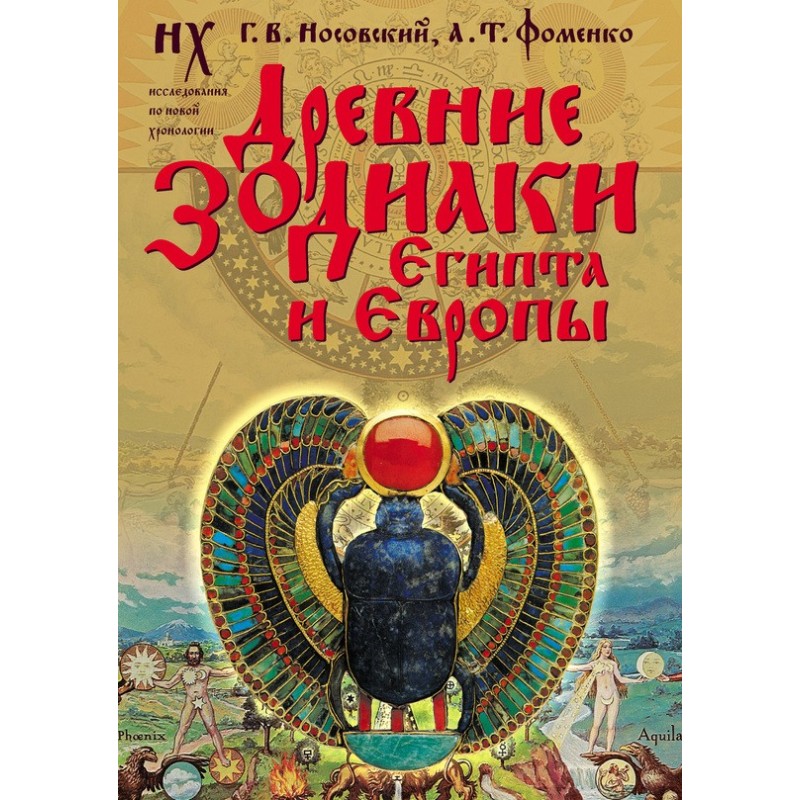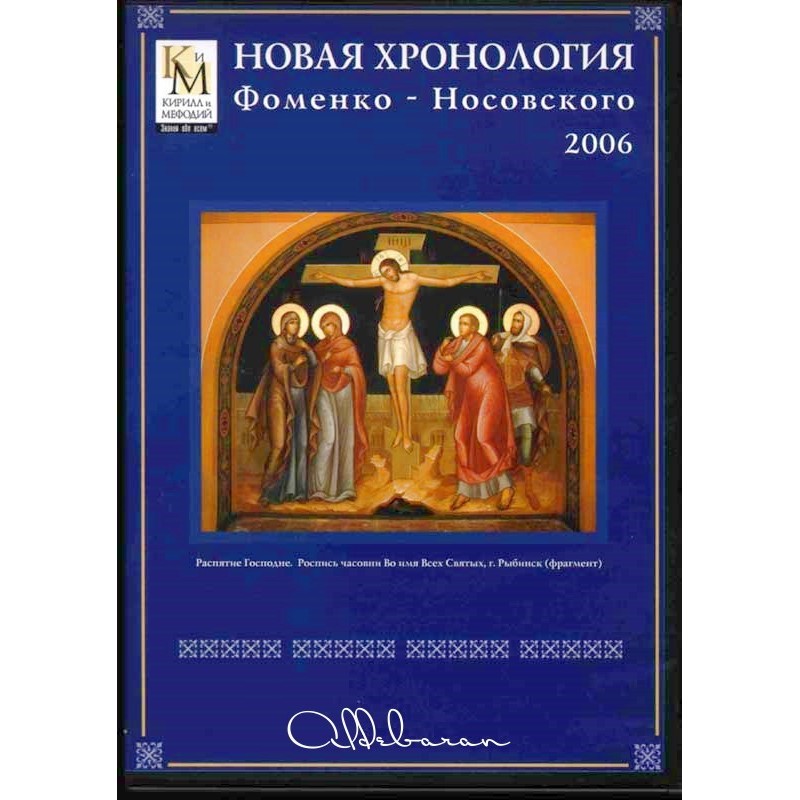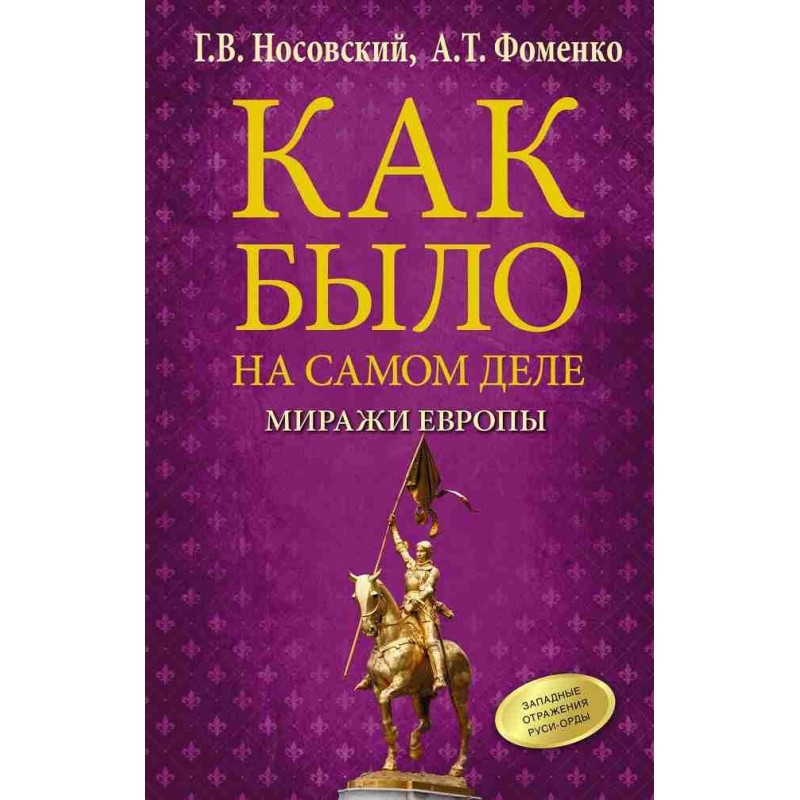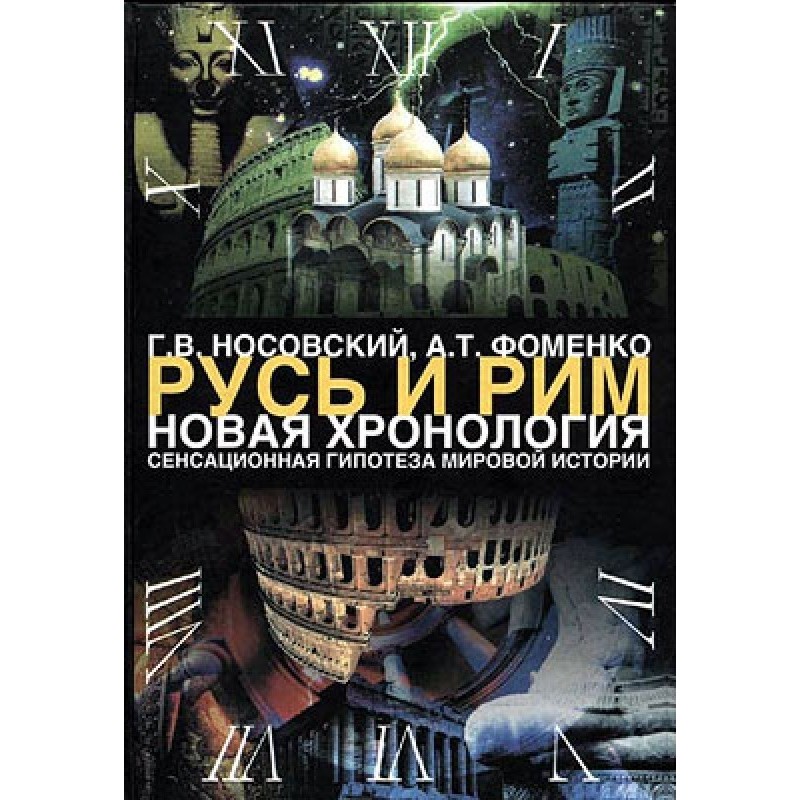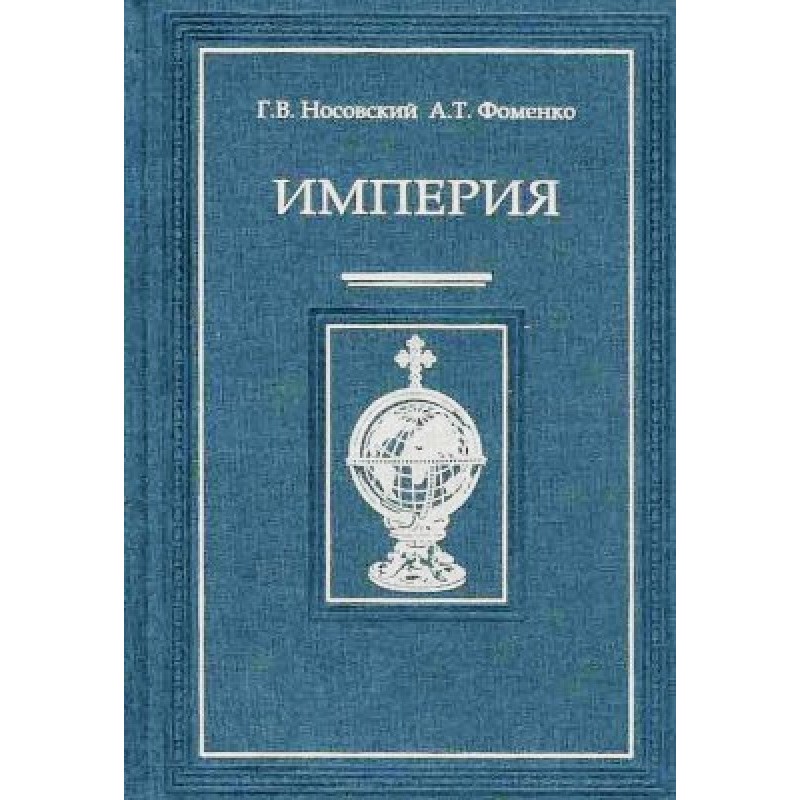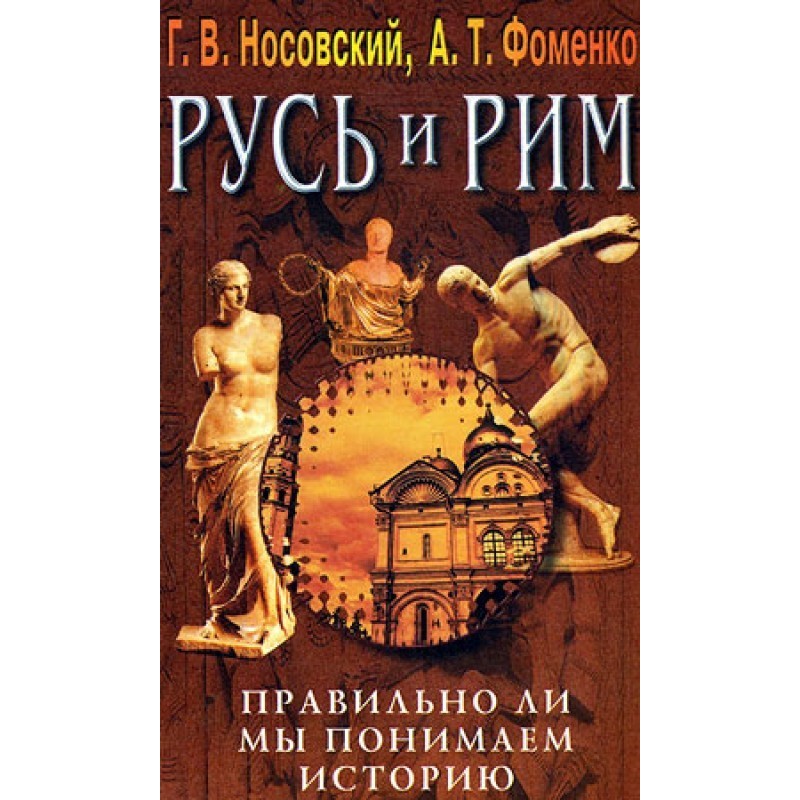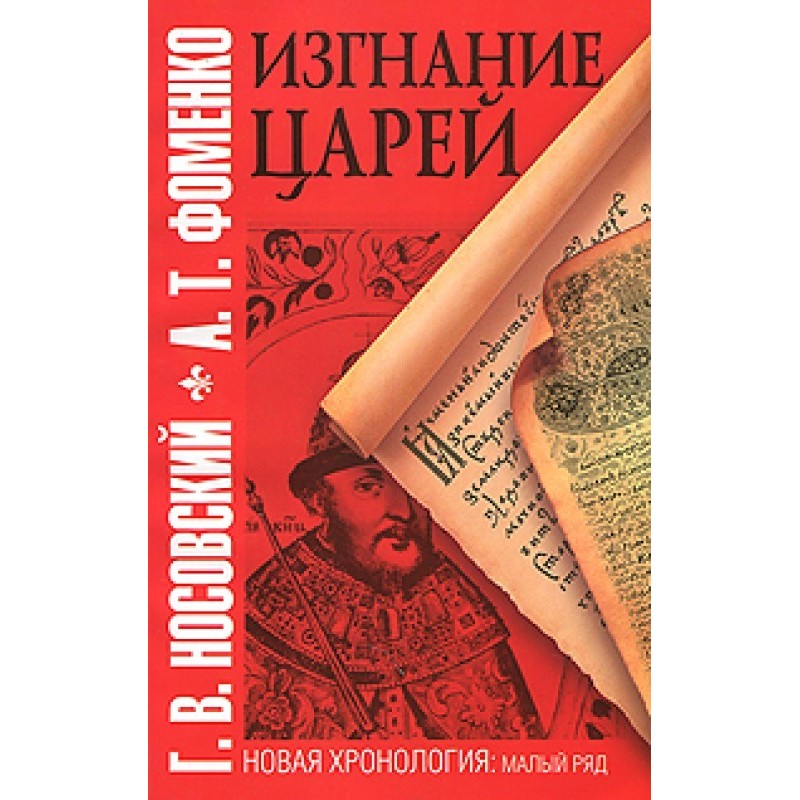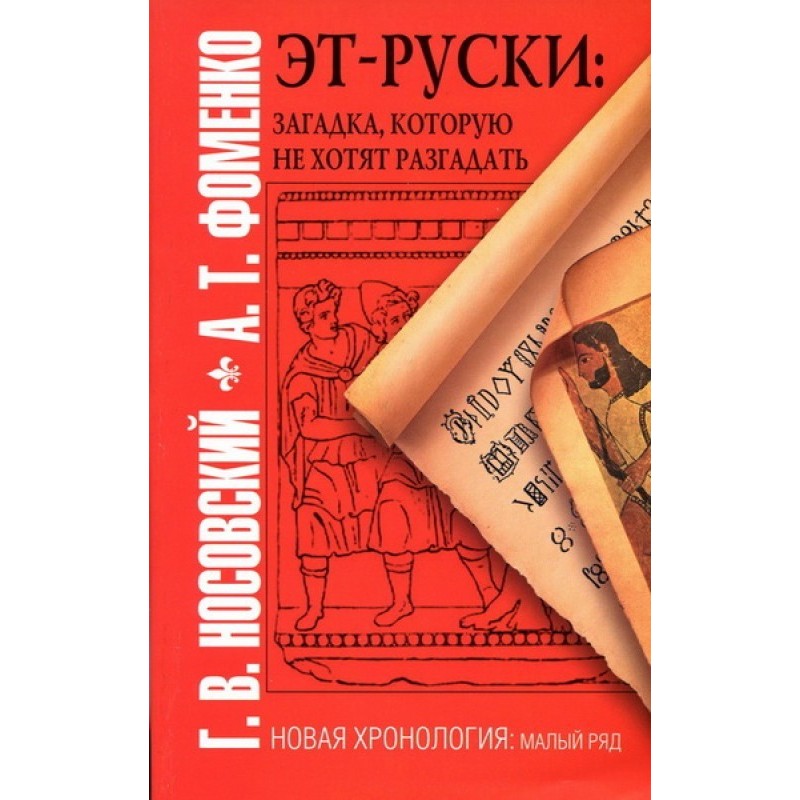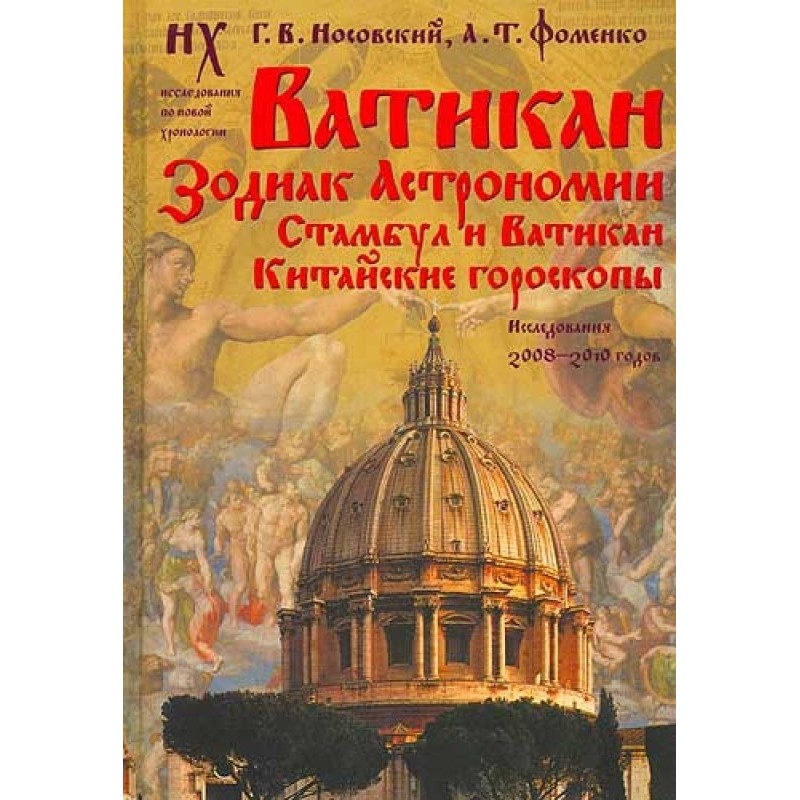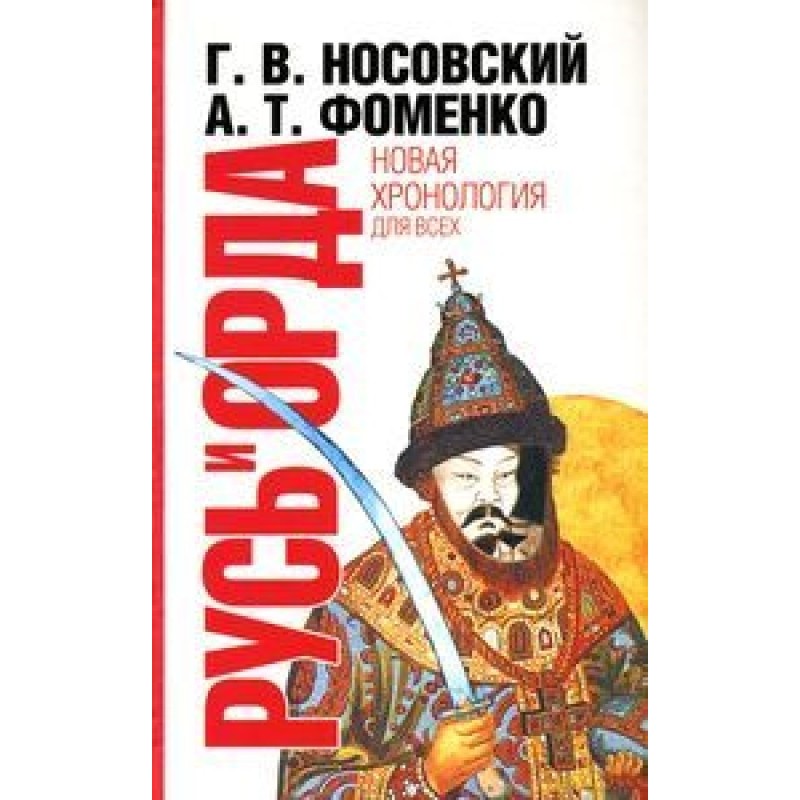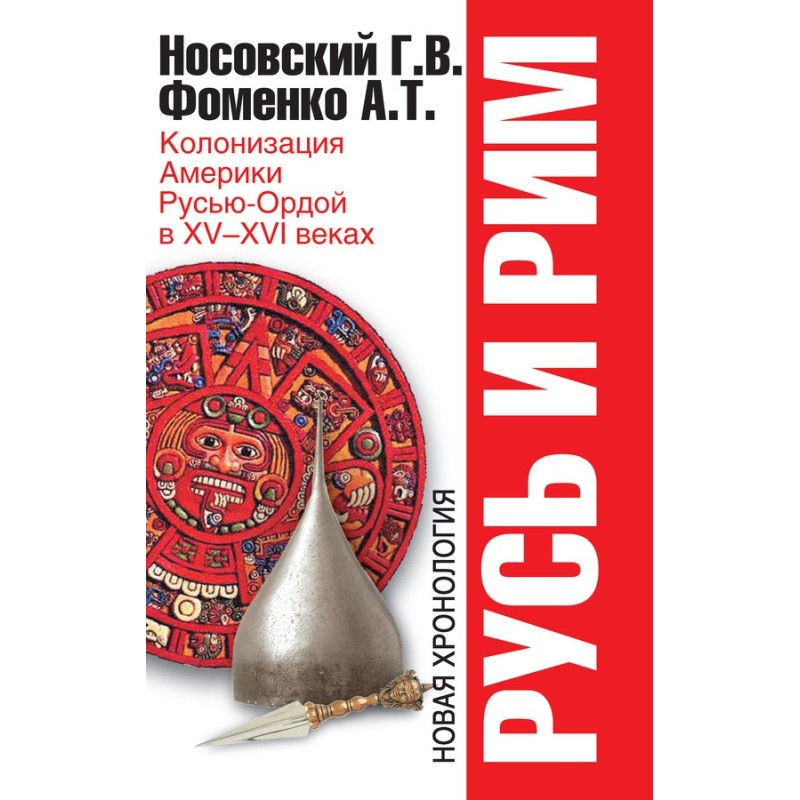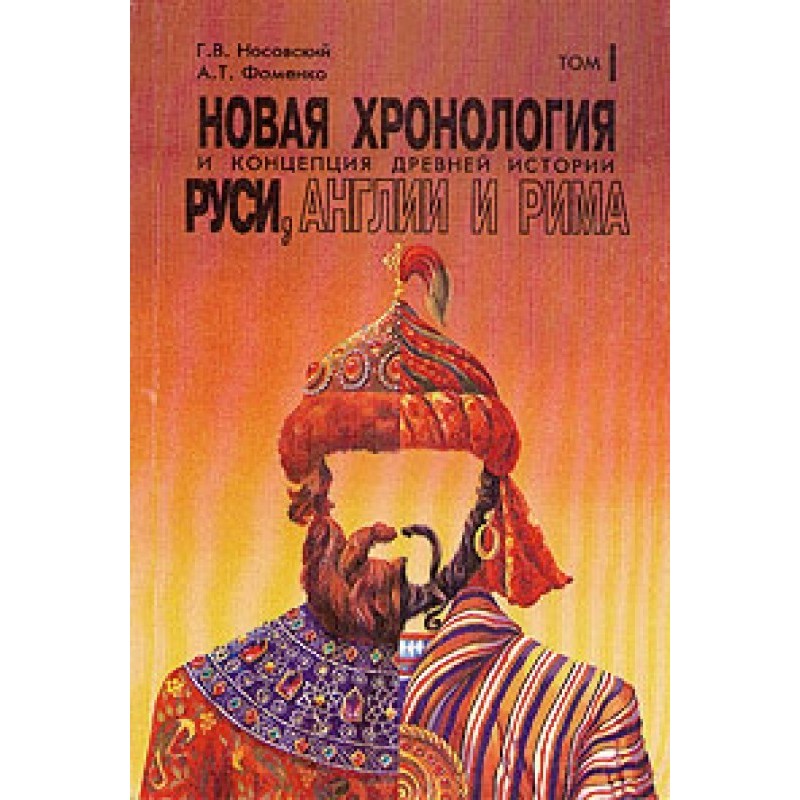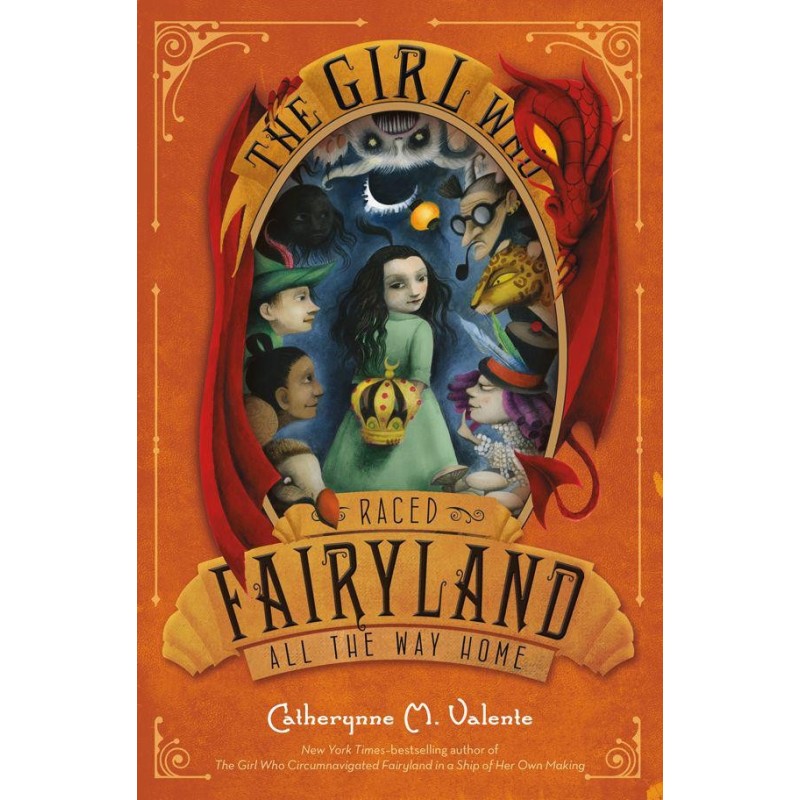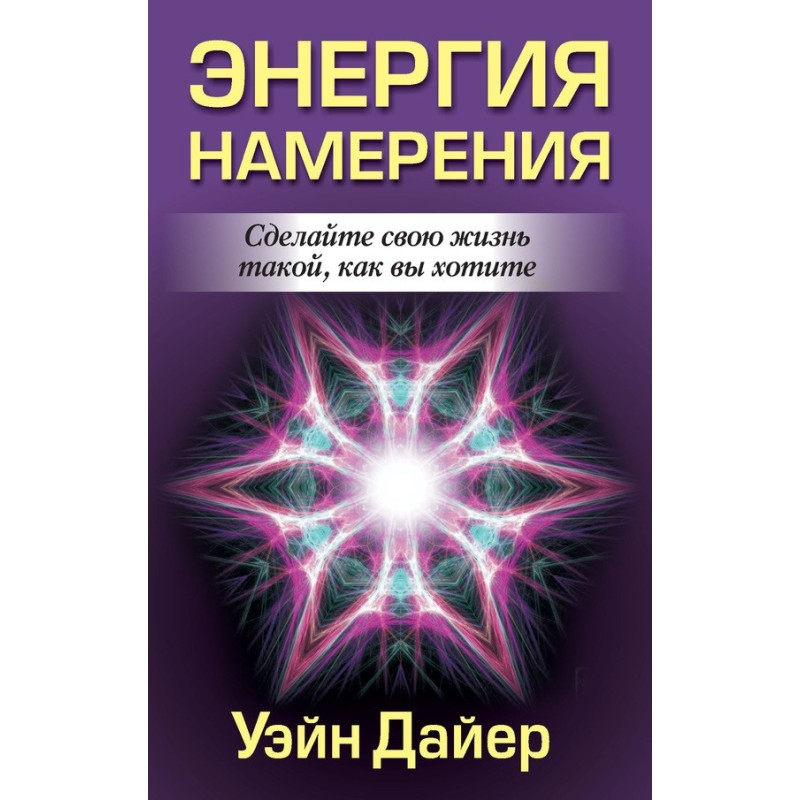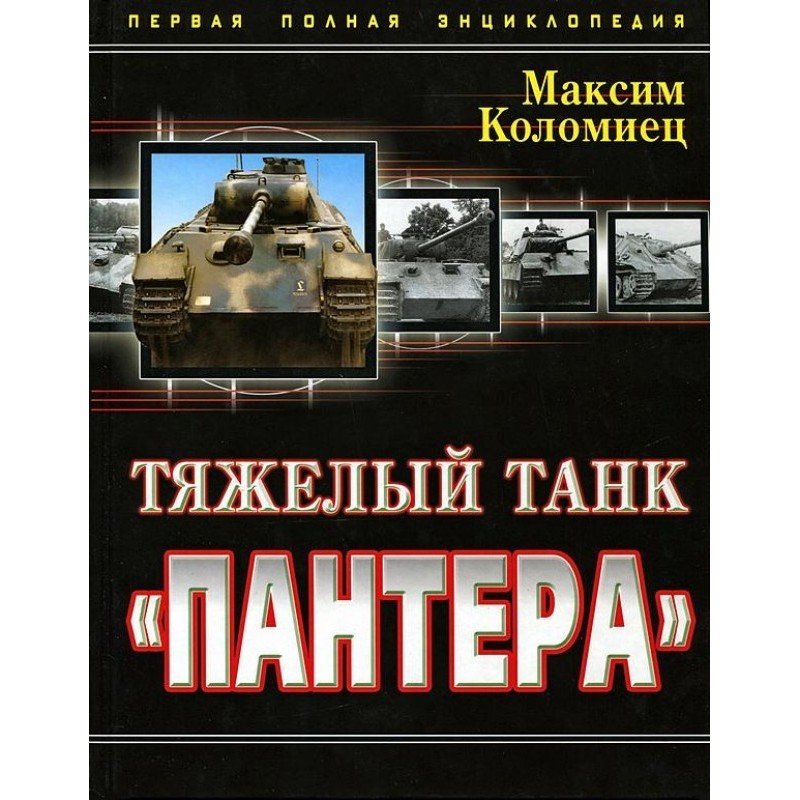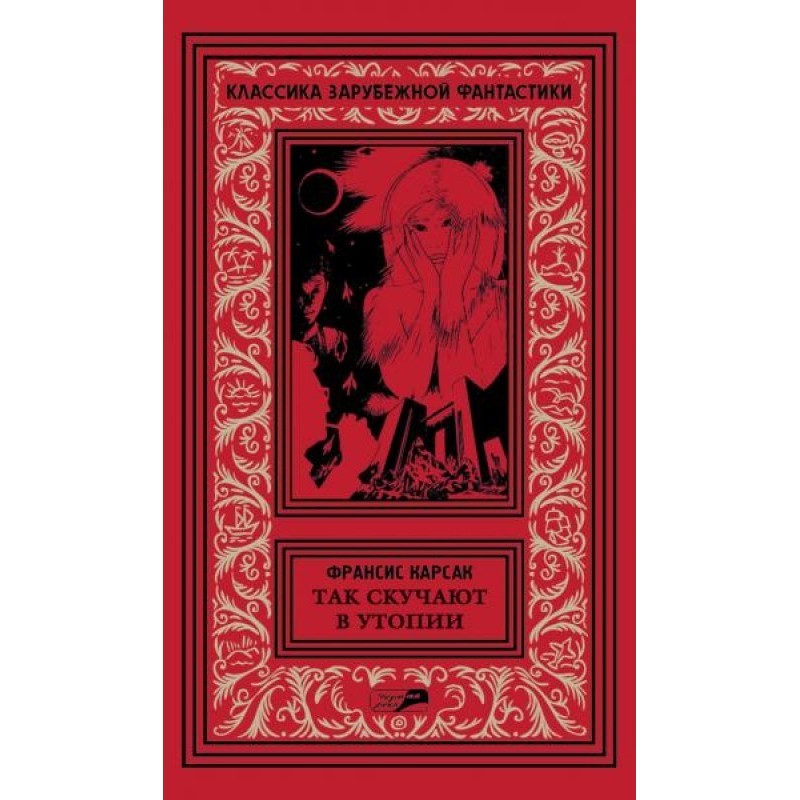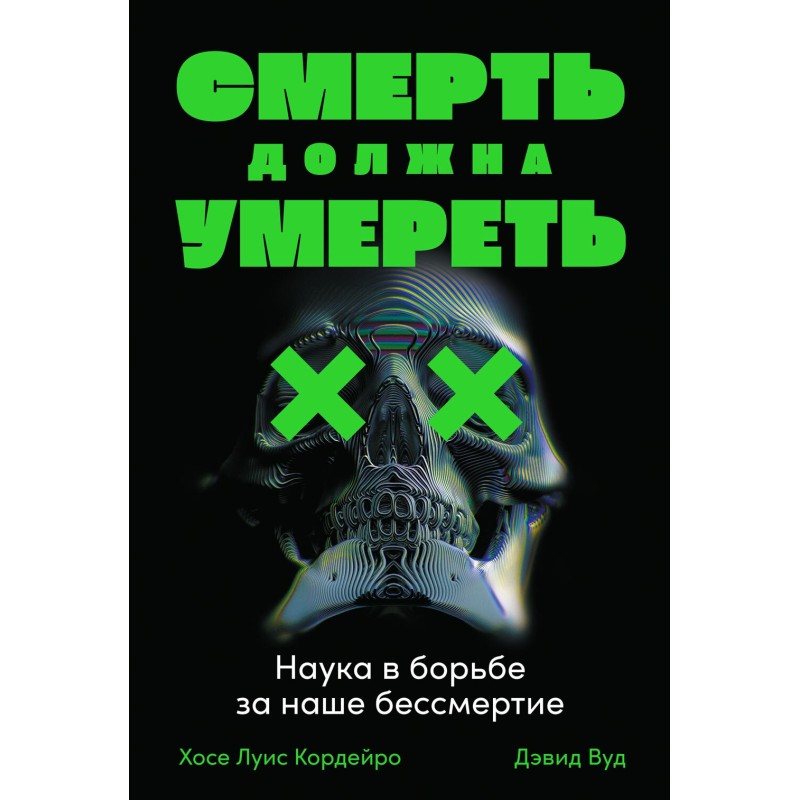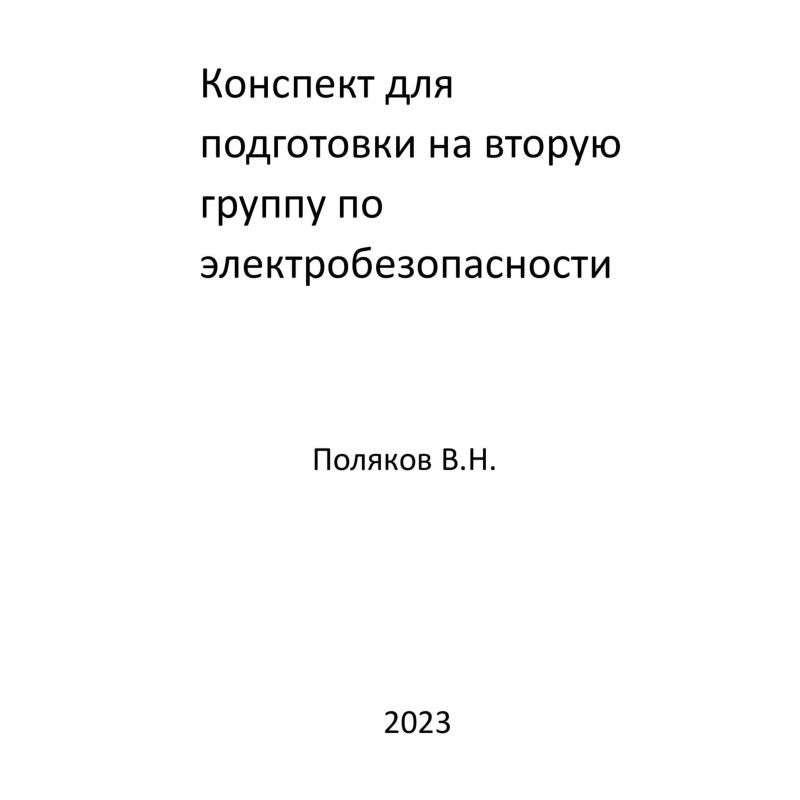Ulenspiegel and Gulliver. Anti-gospel of the 16th-18th centuries
 Instant download
Instant download
after payment (24/7)
 Wide range of formats
Wide range of formats
(for all gadgets)
 Full book
Full book
(including for Apple and Android)
The names of Ulenspiegel and Gulliver are known to everyone. Ulenspiegel is considered today a jester, a tramp, a rogue, a joker, and a fighter against the Spanish yoke in the Netherlands. Gulliver is known as a traveler who turned out to be a giant in the land of Lilliputians, and then a Lilliputian in the land of giants. Movies, theatrical and musical plays, and books for children are dedicated to these characters. It turns out that Ulenspiegel and Gulliver are two mocking parodies of Jesus Christ. That is, anti-gospels created in the era of the 16th-18th centuries. Previously, the authors had already discovered similar propaganda works. In particular, in the book “Doctor Faustus. Christ through the eyes of the Antichrist” shows that the famous story of Faust is an anti-gospel, a mocking distortion of the story of Jesus, aimed at splitting the church and society in the era of the Western European Reformation. Further, as shown in the book “Don Quixote or Ivan the Terrible,” the famous novel by Cervantes was also created as a malicious mockery of Tsar Khan Ivan IV the Terrible, who ruled the Great Horde Empire in the 16th century. Along with these works are the story of Ulenspiegel and the novel by Jonathan Swift's Gulliver's Travels.
Data sheet
- Name of the Author
- Анатолий Фоменко Тимофеевич
Глеб Носовский Владимирович - Language
- Ukrainian
- Release date
- 2017
Reviews
Глибоке дослідження культури та сатири
Ця книга є справжнім відкриттям для тих, хто цікавиться літературою XVI-XVIII століть та її впливом на сучасність. Автор майстерно поєднує історії Уленшпігеля та Гулівера, розкриваючи їхні парадоксальні аспекти як пародій на Ісуса Христа. Це не просто літературний аналіз, а справжня подорож у глибини соціальних і культурних контекстів, які формували ці персонажі. Читання цієї книги змушує задуматися про роль сатири в суспільстві та про те, як художники використовують свої роботи для критики влади та релігії. Хоча переклад тексту може мати деякі недоліки, це не зменшує цінності самого змісту. Рекомендую цю книгу всім, хто хоче зрозуміти, як література може відображати та коментувати суспільні реалії.

